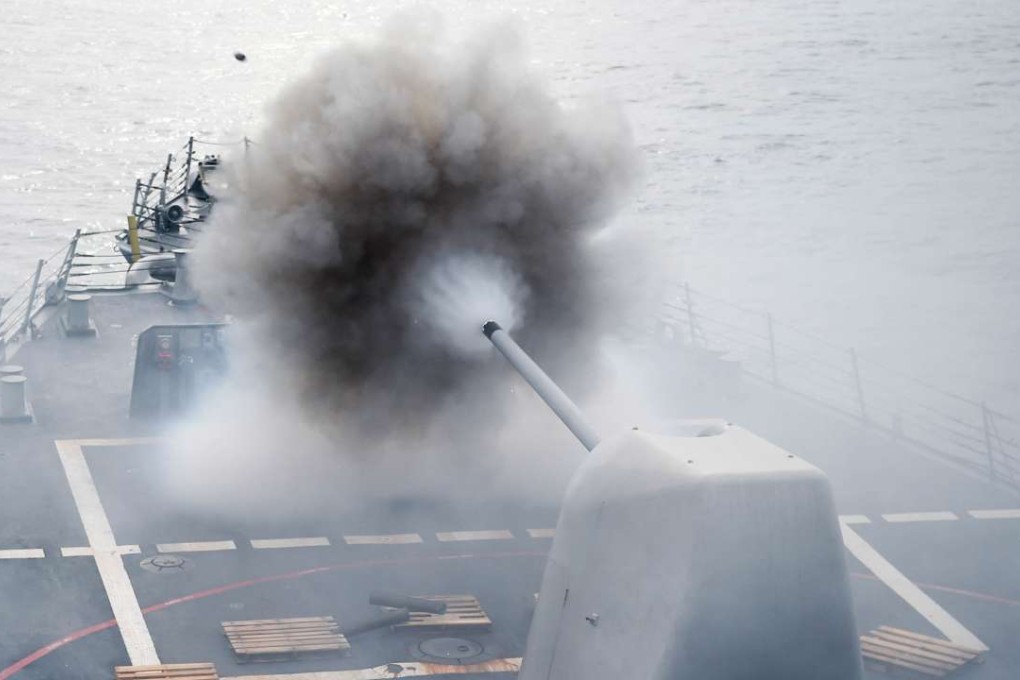Asian Angle | Why the US policy on South China Sea only helps China

The recent arbitration ruling on the South China Sea will go down as a textbook example of the limitations of international justice. Even if the vast majority of countries swung behind the tribunal in The Hague, China just told them to get lost. The resumption of so-called freedom of navigation patrols by the American navy will not change this. They could even be strategically convenient to Beijing and create a misplaced sense of security among its neighbours. As America flexes its muscle, China will work unswervingly to gain effective control over the South China Sea and use it as a stronghold to challenge American primacy in the Western Pacific.
10 reasons why the South China Sea ruling may lead to regional peace and cooperation
China has many reasons to expand its influence and military clout on the maritime margins of Asia. The main aim remains strategic. China reckons that it can only be secure if it gets itself a maritime sphere of influence. This calculation resembles the incipient naval strategy of the United States in the nineteenth century, when it first sought to keep rival powers out of its neighbourhood and, subsequently, to deter them in the two oceans bordering the continent. Genuine mistrust of the US as well as decades of propaganda make it impossible today for the Chinese leadership to back down without damaging its status as protector of the nation’s sovereignty and pride.
And why should China back down? Since the ruling, the response of the international community has been limited to statements. Beijing might actually have gained more confidence. Vietnam, another claimant, rounded up anti-Chinese demonstrators and vowed to strengthen its partnership with Beijing on the sidelines of an Asia-Europe Meeting. Indonesia eagerly embraced a Chinese proposal to develop a US$100 million investment zone. Singapore showed itself keen on more cooperation in banking and high-speed railway building. The Association of Southeast Asian Nations (Asean) failed once more to issue a summit statement on the issue of the territorial claims.
Let the good times roll, the leaders must have thought. And so, the state news agency, Xinhua, announced that air patrols above the Spratly Islands and the Scarborough Shoal would be stepped up, thanks undoubtedly to the newly-built landing strip at Fiery Cross Reef.
Fidel Ramos: Duterte’s icebreaker in South China Sea row
The question remains whether these patrols herald the imposing of an air defence and identification zone over the South China Sea. Meanwhile, the Ministry of Foreign Affairs gave stern warnings to countries like Japan to back off. The chief of the Chinese navy asserted that the resumption of American freedom of navigation patrols could end in disaster.
